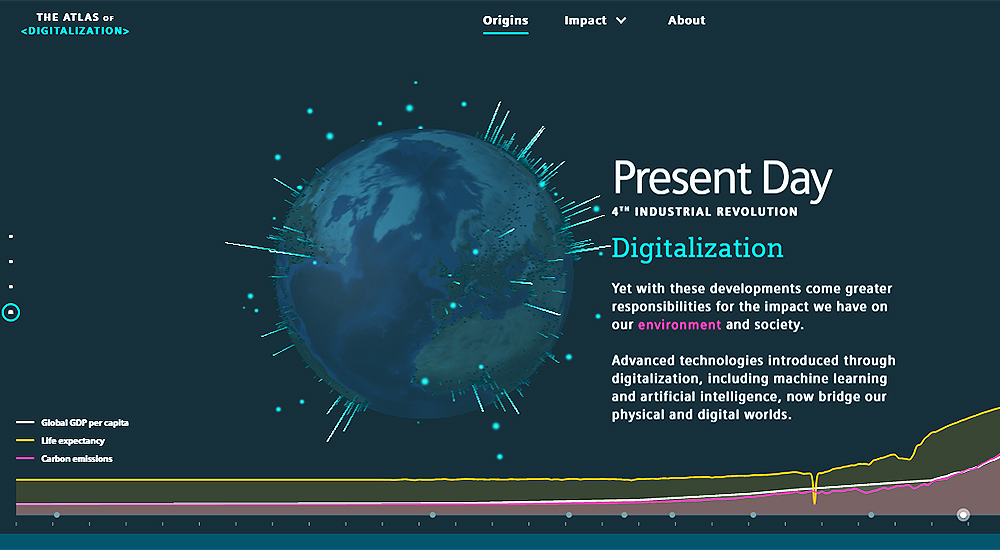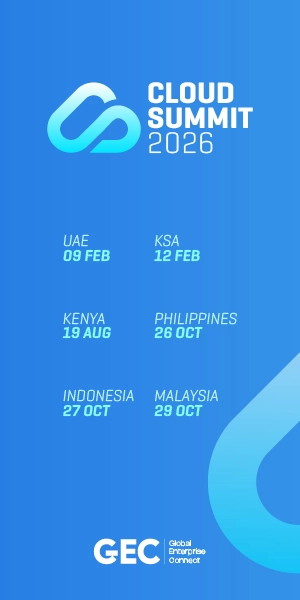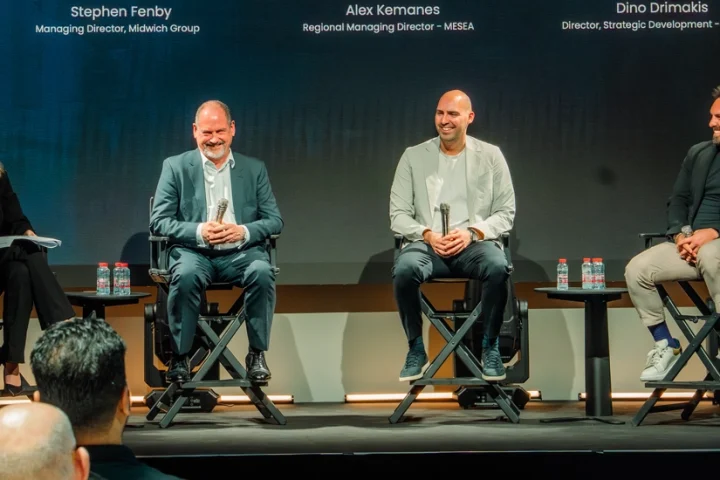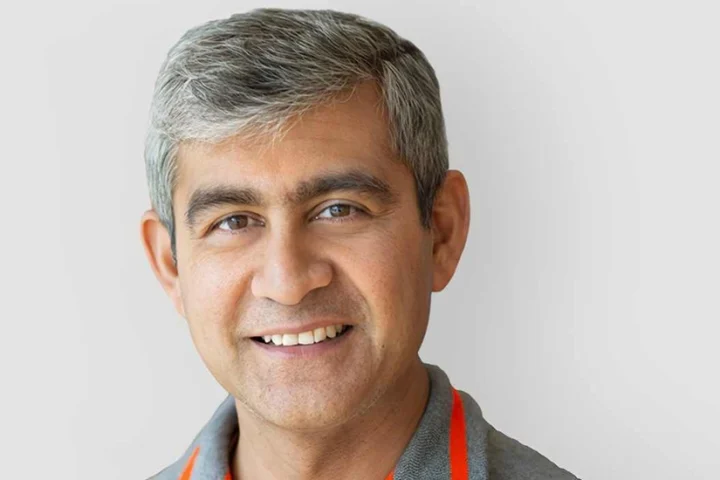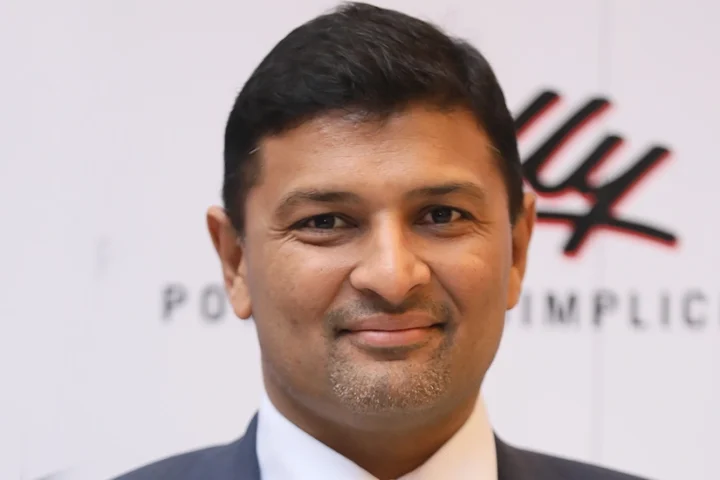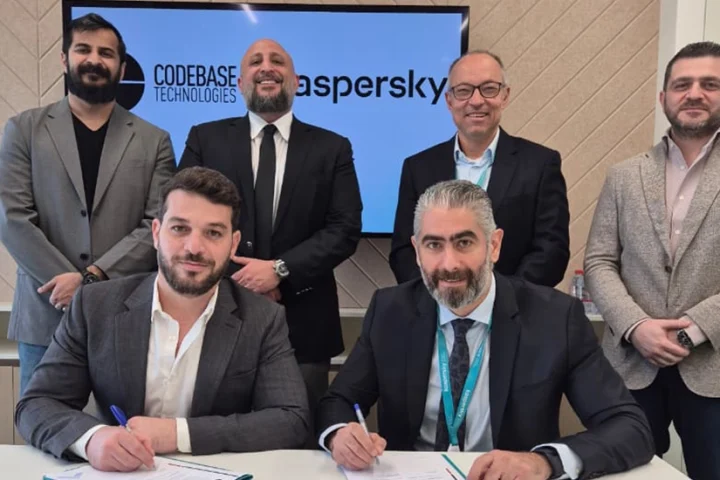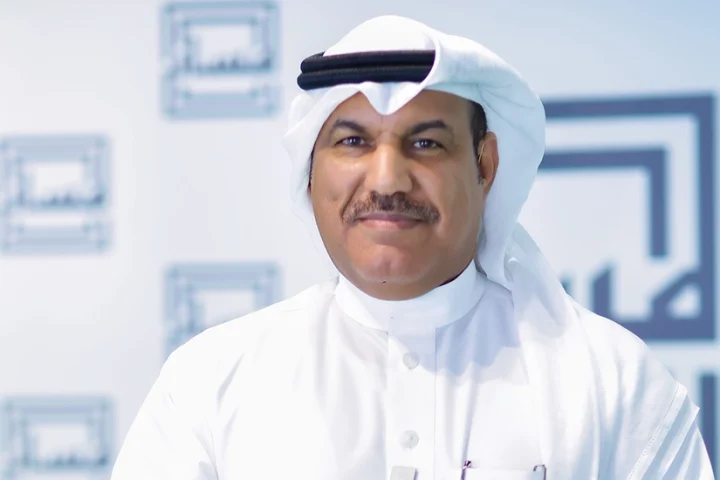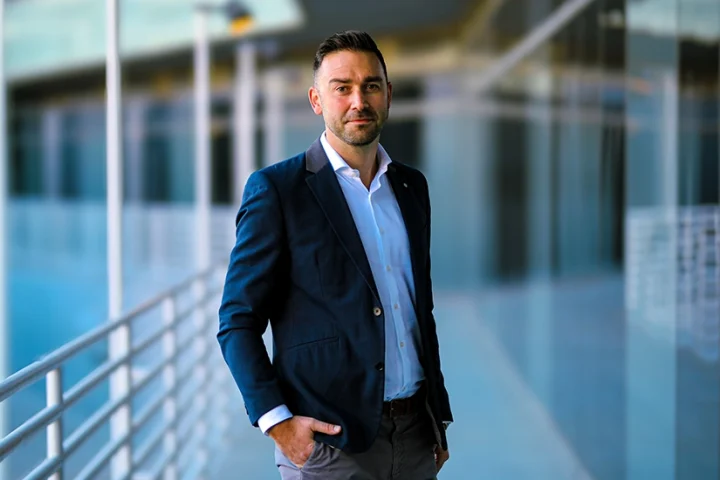Siemens has launched a new web-based application which reveals the readiness and potential of six major cities to embrace digitalisation and develop new ways of living, working and interacting. The Atlas of Digitalisation is based around the interconnected themes of Expo 2020 Dubai – Mobility, Sustainability and Opportunity – and assesses how the fourth industrial revolution has already impacted urban life around the world, and the potential it could have in the future.
Data from 21 indicators has been analysed by Siemens together with Signal Noise, part of the Economist Group, in Dubai, Los Angeles, London, Buenos Aires, Taipei and Johannesburg to produce a Digital Readiness Score. The analysis considers areas such as smart electricity and transport systems, Internet connections and digital governance services. The score reveals the current level of maturity of each city’s digital infrastructure, and its preparedness for a connected future.
The analysis also takes into account areas such as innovation, greenhouse gas emissions and time spent in traffic to give the cities a Digital Potential Score, indicating where there is opportunity to grow digital capabilities to transform society and economy. Together, the Readiness and Potential scores illustrate the different capacities each city already has, and where they can develop to effect change and growth.



The Atlas recognises Dubai’s advanced implementation of digital technologies in areas such as smart metering, online connectivity, mobility and smart government, and initiatives such as Smart Dubai which are supporting its ambition to be the happiest city on Earth. It also identifies potential for digitalisation to positively impact areas such as renewable energy, which Dubai is already addressing via its clean energy strategy.
While each city is unique, they all share one characteristic – their ingenuity in using digital technologies to make infrastructure more efficient and productive, and to address challenges such as air pollution, congestion, population growth and natural hazards.
With the integration of data gathered and analysed by the Internet of Things, a city’s underlying infrastructure can be monitored, managed and improved; a transformation referred to as City 4.0.
Data from the 21 indicators has been mapped across three themes: Sustainability, Mobility and Opportunity, creating a unique visualisation of each city’s digitalisation landscape. Visitors to the Atlas of Digitalisation can interact with each city and explore its data, taking an in-depth look into how each is addressing its own challenges and opportunities, and how it will impact work and life in future cities.
The Sustainability, Mobility and Opportunity themes are identified by Expo 2020 Dubai as having the power to build partnerships, inspire progress and develop our future cities. Siemens is Infrastructure Digitalisation Partner to Expo 2020 Dubai and will use digital solutions to connect, monitor and control buildings at the site using MindSphere, the cloud-based operating system for the Internet of Things. It will power the collection and analysis of data for intelligent decision-making, supporting Expo 2020 Dubai’s targets for energy efficiency, comfort, safety and security, and potentially inform the future of smart cities around the world.
“Each city must address its own unique mix of challenges and opportunities by embracing digitalisation; the key to sustainable, livable future cities,” said Dietmar Siersdorfer, CEO, Siemens Middle East and UAE. “The Atlas of Digitalisation gives us an all-important understanding of the current status of digitalisation in cities around the world, and the data tells us Dubai has already made excellent progress in key areas. Dubai is on a successful path thanks to strong ambition and visionary leadership, and we hope the Atlas will inspire new ways of thinking to shape the smart cities of tomorrow, and realise the global potential of City 4.0.”
Key takeaways
Strategy
- The Atlas aims to inspire new thinking on the global journey to the digital City 4.0.
- The Atlas identifies digital readiness and potential for six cities.
- Siemens is Infrastructure Digitalisation Partner to Expo 2020 Dubai and will use MindSphere to control buildings.
- While each city is unique, they all share one characteristic, ingenuity in using digital technologies.
- With integration of data analysed by IoT, a city’s infrastructure can be monitored, a transformation referred to as City 4.0.
Execution
- The Atlas recognises Dubai’s digital readiness in connectivity, mobility and government.
- The Atlas identifies potential for Dubai in areas such as renewable energy.
- Data from 21 indicators has been mapped creating a unique visualisation of each city’s digitalisation landscape.
People
- Visitors to the Atlas of Digitalisation can interact with each city and explore its data.


